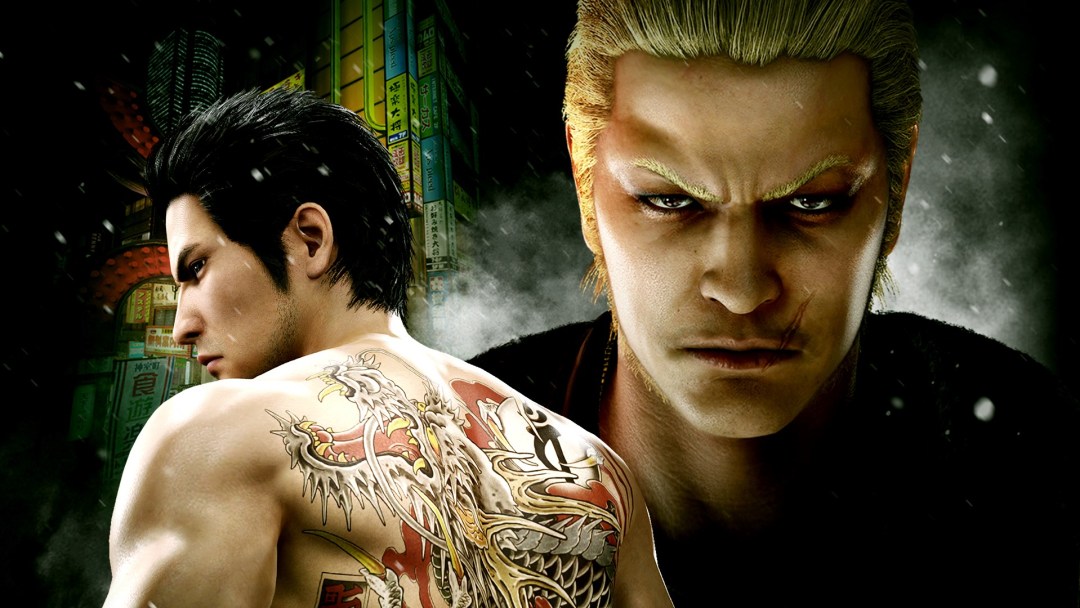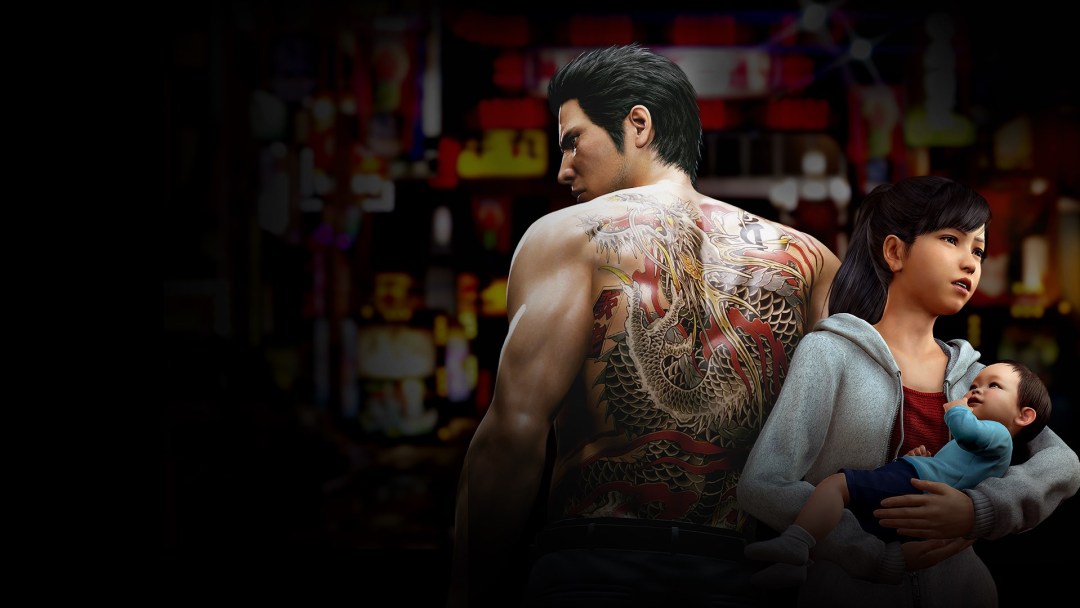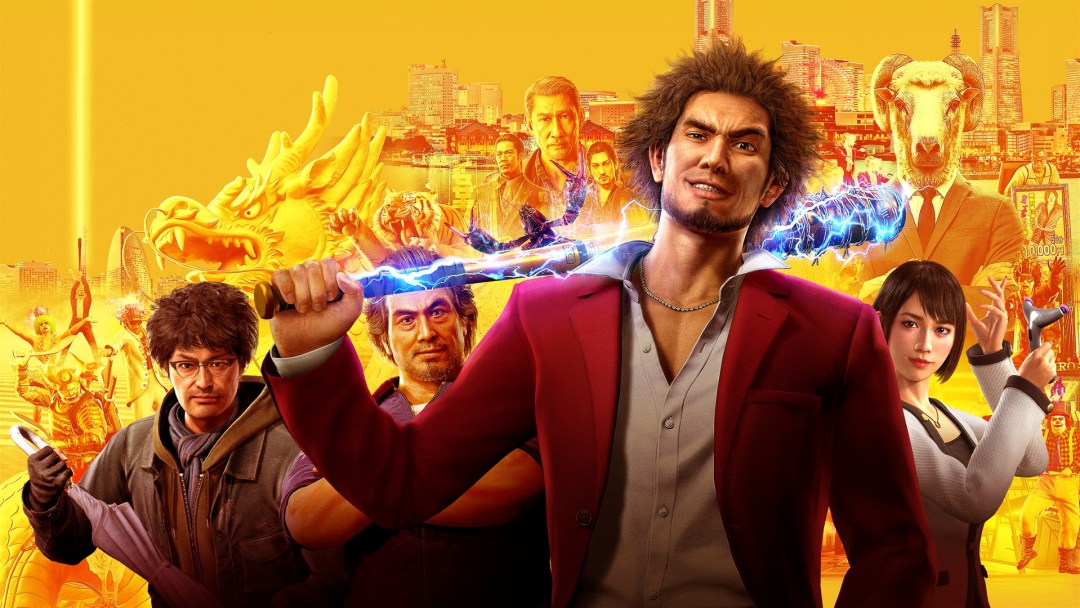The Yakuza video game series, also known as “Like a Dragon” in Japan, is a prominent franchise in the gaming landscape, developed by Sega. Since its debut in 2005, the series has sold over 21.3 million units, marking its territory as both a critical and commercial success. Known for its unique blend of action-adventure, beat ’em up, and role-playing elements, the series offers a cinematic experience that has resonated deeply with a global audience of gamers. This article takes an in-depth look at each major title in the series, exploring the intricate storytelling, rich character development, and the unique gameplay that define the Yakuza experience.
Series Overview
At the heart of the Yakuza series is a masterful fusion of genres, blending action-adventure, beat ’em up, and role-playing elements into a singularly immersive experience. This hybrid genre approach allows for a rich and varied gameplay experience, catering to a wide range of player preferences. The series is set in a meticulously crafted representation of Japan’s urban landscape, primarily in the fictional district of Kamurochō, modeled after Tokyo’s real-life Kabukichō. This setting is not just a backdrop but a living, breathing part of the narrative, teeming with life and stories. The Yakuza games are renowned for their deep, cinematic storytelling, presenting complex characters and intricate plots that draw players into the heart of the yakuza underworld. The narrative depth and engaging gameplay mechanics have been instrumental in the series’ widespread acclaim and enduring popularity.
Yakuza 0: The Beginning

“Yakuza 0,” set in the vibrant and tumultuous Japan of 1988, serves as the chronological starting point of the series. This prequel provides a deeper understanding of the series’ iconic characters, particularly the younger versions of Kazuma Kiryu and Goro Majima. Players are introduced to Kiryu, embroiled in a complex real estate dispute within the Tojo Clan, setting the stage for the intricate power dynamics that the series is known for. Meanwhile, Majima’s storyline, revolving around his desperate attempts to rejoin the yakuza, adds a layer of emotional depth and complexity. The game is not only pivotal in laying the foundation for the characters’ development but also for establishing the rich, interconnected narrative that spans the entire series. With its engaging gameplay, “Yakuza 0” effectively sets the tone for the franchise, blending intense action with a compelling story that captures the essence of the yakuza underworld.
Yakuza Kiwami: A Remade Classic

“Yakuza Kiwami,” a masterful remake of the original “Yakuza” game, continues the journey of Kazuma Kiryu. Released from a decade-long prison sentence for a crime he didn’t commit, Kiryu finds himself in a world much changed. The game chronicles his search for a staggering 10 billion yen that has vanished, thrusting the Tojo Clan into chaos. This installment is particularly notable for deepening Kiryu’s narrative arc and introducing significant characters like Haruka Sawamura, who becomes a central figure in the storyline. The remake enhances the original with improved graphics, a more refined combat system, and additional content, offering both new players and series veterans a fresh and more immersive experience. “Yakuza Kiwami” not only advances the overarching plot but also enriches the series’ lore, setting a precedent for the future remakes in the franchise.
Yakuza Kiwami 2: A Tale of Rivalry and Conflict

“Yakuza Kiwami 2” reimagines “Yakuza 2” with a compelling blend of enhanced graphics and expanded narrative. Set a year after the events of the first game, this installment sees Kiryu dealing with the aftermath of a burgeoning yakuza war. The emergence of Ryuji Goda, a formidable rival, adds a new dimension to the series’ exploration of themes like loyalty, honor, and the gray areas of morality in the yakuza world. The game’s narrative delves deeper into the complexities of the yakuza hierarchy and the personal dilemmas faced by its members. “Yakuza Kiwami 2” stands out for its intricate plot, emotionally charged character arcs, and refined gameplay mechanics, offering an experience that is both thrilling and thought-provoking. The game solidifies Kiryu’s legacy in the Yakuza series, portraying him as a character of deep moral conviction amidst the chaotic and often violent yakuza lifestyle.
Yakuza 3: A New Chapter

In “Yakuza 3,” players witness a dramatic shift in Kiryu’s life as he attempts to leave his tumultuous past behind. Running an orphanage in Okinawa, Kiryu seeks a peaceful life, but his past as a yakuza refuses to let him go. The land on which the orphanage stands becomes a hotbed for political intrigue and power struggles, pulling Kiryu back into the world he tried to escape. This game is notable for its exploration of themes like redemption and the pursuit of a normal life against the backdrop of past allegiances and conflicts.
Yakuza 4: Multiple Perspectives

“Yakuza 4” marks a significant evolution in the series by introducing multiple protagonists alongside Kiryu. This approach allows players to explore the yakuza hierarchy from different perspectives, intertwining the lives and stories of these characters in a complex narrative of betrayal, power, and redemption. Each character brings a unique storyline, offering insights into various aspects of life within the yakuza and the personal challenges they face. This game deepens the series’ narrative complexity and showcases the multifaceted nature of its world.
Yakuza 5: Expanding Horizons

With “Yakuza 5,” the narrative scope broadens even further, featuring five protagonists, including Kiryu and Haruka. Each character’s story provides a window into different facets of the yakuza life and beyond, from the struggles of an up-and-coming idol to the life of a taxi driver. This installment stands out for its expansive storytelling, diving into the dreams, conflicts, and realities of its characters. The game’s diverse storylines and deep character development make it a standout title in the series, highlighting the rich tapestry of stories that the Yakuza franchise is known for.
Yakuza 6: The Song of Life – A Deeply Personal Tale

“Yakuza 6: The Song of Life” presents a pivotal chapter in Kiryu’s life, exploring profound themes of fatherhood and legacy. The game begins with Kiryu investigating a hit-and-run incident involving Haruka, his surrogate daughter, leading him on a journey that delves deep into the emotional bonds and responsibilities of family. This installment is particularly notable for its emotional depth, showcasing a more introspective and vulnerable side of Kiryu. The gameplay maintains the series’ signature blend of action and narrative, but with added focus on the personal struggles and challenges Kiryu faces. As he confronts various factions and unravels the truth behind the incident, players are treated to a story that not only advances the series’ narrative but also provides a deeper understanding of its central character. “Yakuza 6” is a fitting tribute to Kiryu’s journey, offering a satisfying blend of action, drama, and emotional storytelling.
Yakuza: Like a Dragon – A Fresh Perspective

“Yakuza: Like a Dragon” marks a significant shift in the series with the introduction of a new protagonist, Ichiban Kasuga. After serving an 18-year prison sentence for a crime he didn’t commit, Kasuga returns to a world vastly different from the one he left, finding the Tojo Clan has fallen. This installment is a refreshing take on the Yakuza universe, exploring Kasuga’s journey as he seeks truth and redemption in a changed society. The game is distinguished by its shift to turn-based RPG combat, a departure from the traditional action-centric gameplay of the series, offering a new and engaging experience for players. Through Kasuga’s eyes, the game weaves a tale of loyalty, friendship, and the pursuit of justice, while maintaining the rich storytelling and deep character development that the series is known for. “Yakuza: Like a Dragon” is a bold and successful reinvention, expanding the Yakuza franchise while staying true to its roots.
Like a Dragon Gaiden: The Man Who Erased His Name – A Mysterious Journey

“Like a Dragon Gaiden: The Man Who Erased His Name” brings a unique twist to the Yakuza narrative. Focusing on Kiryu, who is presumed dead, this title explores his life under a new identity. Living a clandestine life as a special agent, Kiryu undertakes missions that intersect with the larger yakuza narrative. This game provides a bridge between the past and present events in the series, adding layers of intrigue and depth to Kiryu’s character. The storyline navigates through themes of identity, sacrifice, and the relentless pursuit of justice, offering players a fresh perspective on the series’ beloved protagonist.
Like a Dragon: Infinite Wealth – An International Adventure
The latest installment, “Like a Dragon: Infinite Wealth,” and releasing on January 26th, continues the journey of Ichiban Kasuga alongside Kiryu. Set in the exotic locale of Honolulu, Hawaii, this title takes the series to an international stage. The plot revolves around Kasuga’s search for his biological mother and their entanglement with local criminal organizations. This game is notable for its expansion of the series’ geographical scope, introducing new cultural elements and global criminal dynamics. The rich narrative, combined with the series’ signature gameplay elements, provides a thrilling experience that resonates with both new and long-time fans of the Yakuza series.
The Enduring Legacy of the Yakuza Series
The Yakuza series, spanning from “Yakuza 0” to “Like a Dragon: Infinite Wealth,” represents a unique tapestry of stories, characters, and themes, woven intricately over time. This franchise has not only left an indelible mark on the gaming industry but has also influenced popular culture, exemplifying how video games can be a powerful medium for storytelling. Each installment, with its rich narrative, complex characters, and a blend of various gameplay elements, contributes to an overarching epic that is as emotionally resonant as it is entertaining. The series’ setting in the fictional district of Kamurochō and other locales across Japan and beyond adds authenticity and depth, immersing players in a world that is both exotic and familiar.
Moreover, the Yakuza series has been a pioneer in blending genres, seamlessly combining action-adventure, beat ’em up, and role-playing elements to create a distinct and engaging gaming experience. The franchise’s expansion into other media, including film adaptations, further cements its cultural impact and broad appeal. As the series evolves, it continues to captivate new audiences while retaining its core fanbase, a testament to its quality and enduring appeal. The journey of the Yakuza series is a testament to the power of video games as a storytelling medium, offering an immersive and emotionally rich experience that resonates with players around the world.

